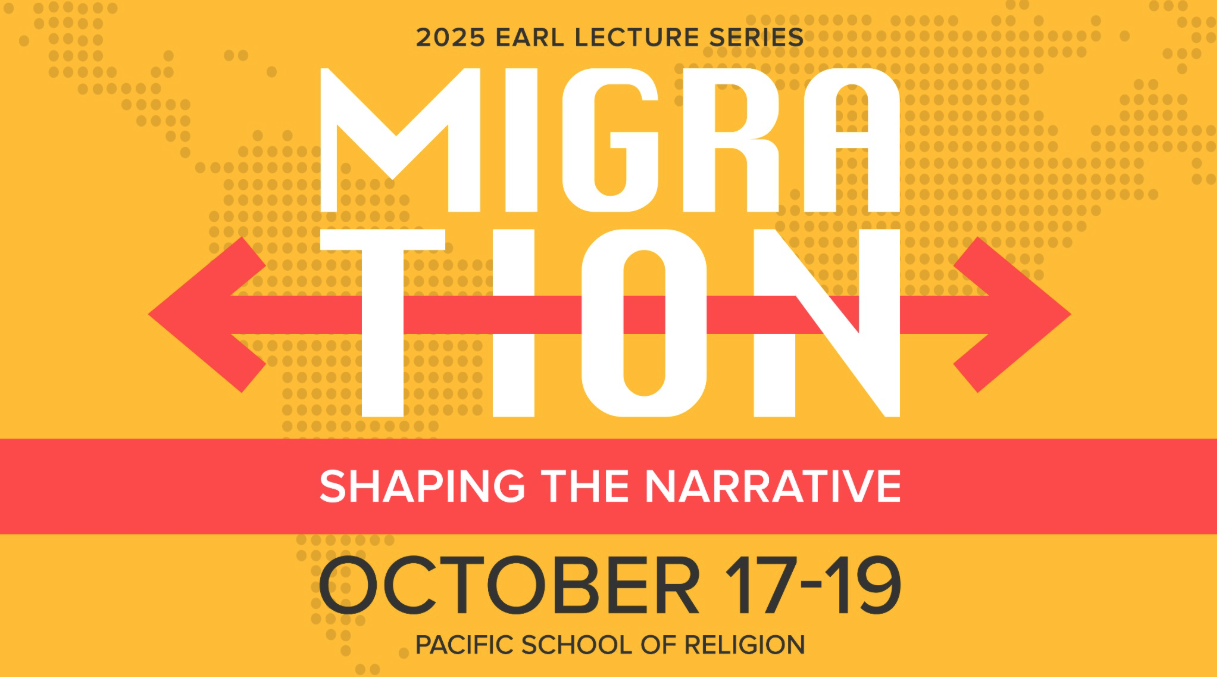
Earl Lecture 2025
The 2025 Earl Lecture Series—this year’s theme is Migration: Shaping the Narrative. Through a combination of lectures, workshops, and connections, we’ll explore how stories of migration—past and present—can reclaim power, resist erasure, and shape more just and compassionate futures. We’ll ask what it means to center lived experience, shift dominant narratives, and take collective action toward a world where all belong.
About the Earl Lecture Series
For more than a hundred years, Pacific School of Religion has hosted the Earl Lectures and Leadership Conference, a three-day event that addresses critical theological, pastoral, and social issues of the day. Founded in 1901, the purpose of the Lectures was “to aid in securing…the adequate presentation of Christian truth, by bringing to Berkeley, California…eminent Christian scholars to lecture upon themes calculated to illustrate and disseminate Christian thought, and minister to Christian life…” Over the years, the content of the Lectures has reflected the important theological, political, economical, and social trends of their time, but one quality is constant: the Lectures have always featured a uniformly high standard of scholarship.
Lecturers have been Biblical scholars, educators, historians, authors, activists, church leaders, and scholars of literature – including international figures as Theodore Roosevelt, Elie Wiesel, Howard Thurman, Maya Angelou, Paul Tillich, Alice Walker, and Robert Reich.
Learn more about the Earl Lecture Series and watch last year’s lecture here.
Learning Objectives
By the end of this course, participants will be able to:
-
Explore how stories of migration — past and present — can reclaim power, resist erasure, and shape more just and compassionate futures.
-
Center lived experience and critically examine how dominant narratives are formed and sustained.
-
Engage thoughtfully with theological, cultural, and political dimensions of migration.
-
Narrate resistance and resilience from the frontlines and apply those lessons in ministry and leadership.
-
Understand the origins and evolution of key justice movements, including the emergence of DACA as a voice for change.
Course Components
Earl Lecture Event
-
Breaking the Silence: From Fear to Solidarity
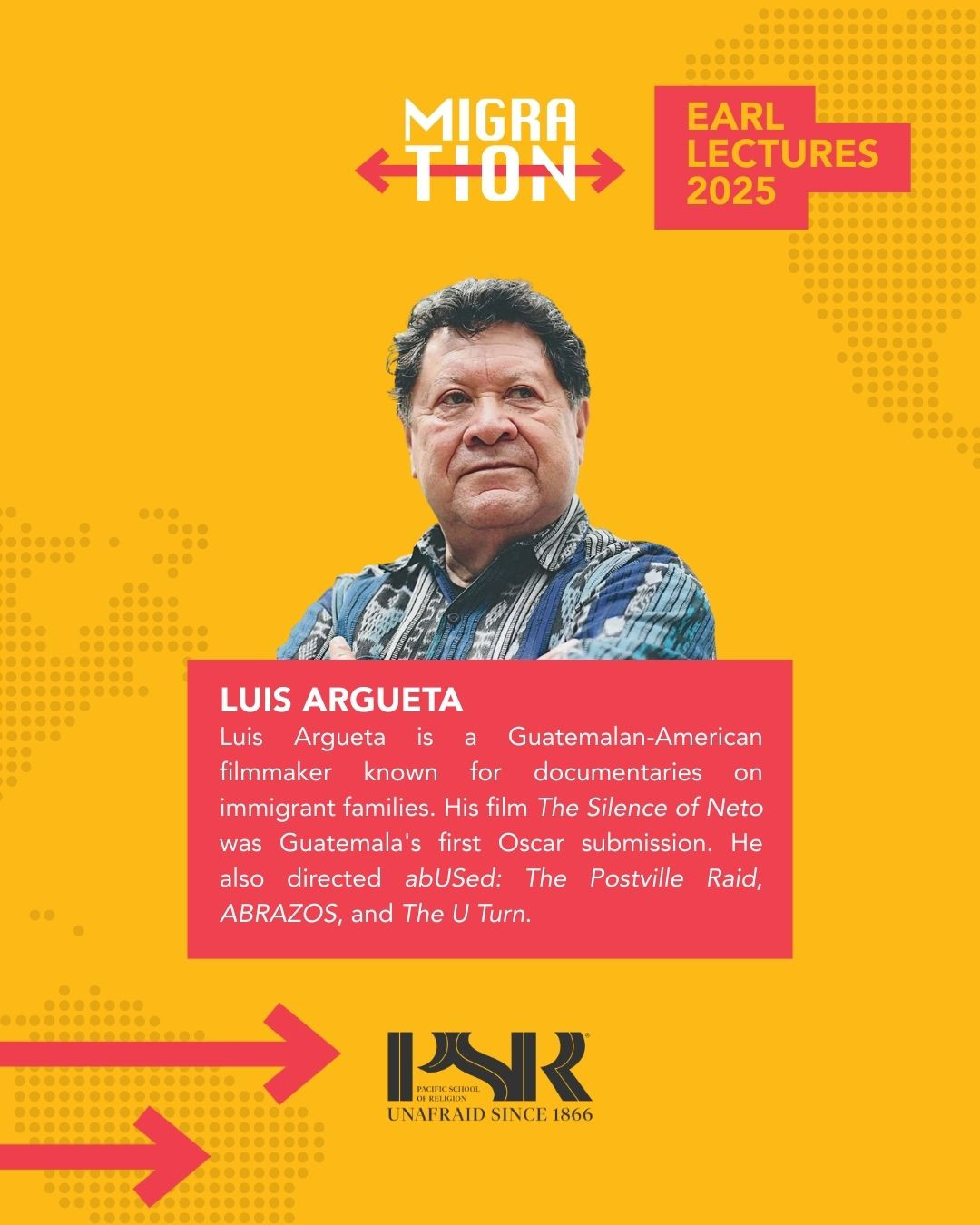 40 MinutesLesson Locked
40 MinutesLesson Locked -
Narrating Resistance and Resilience: Insights from the Frontlines
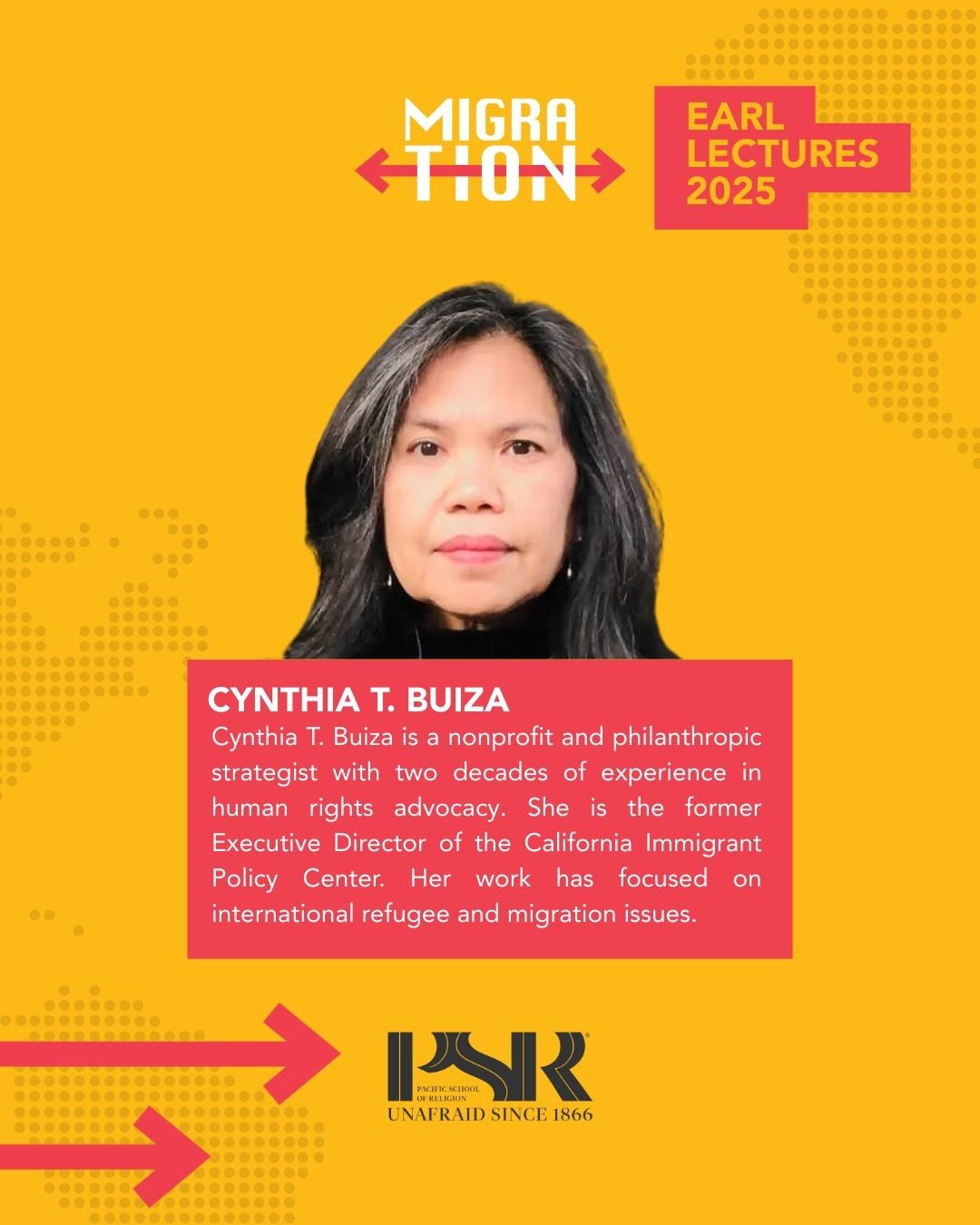 40 MinutesLesson Locked
40 MinutesLesson Locked -
How DACA came to Voice
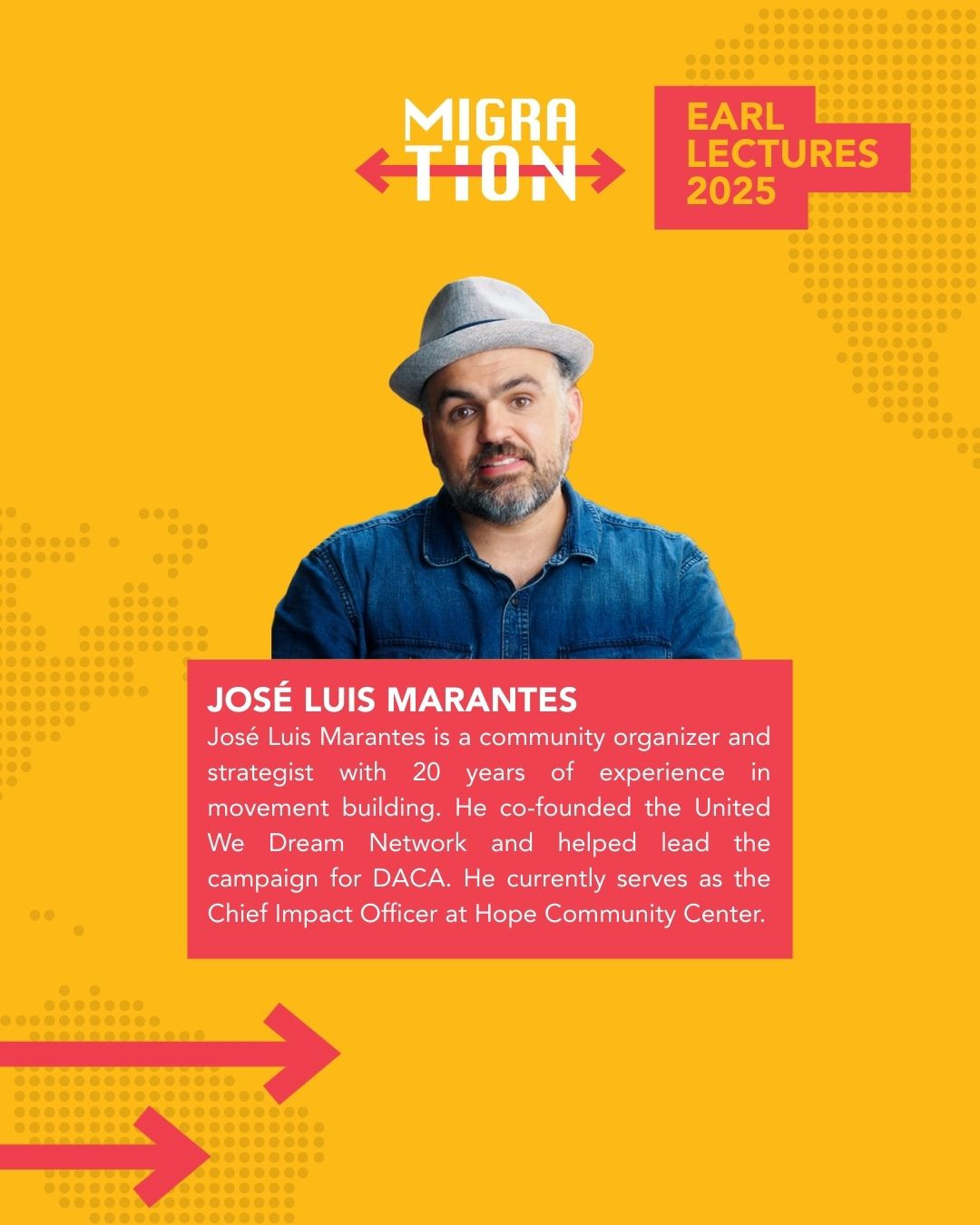 40 MinutesLesson Locked
40 MinutesLesson Locked -
Workshop: Breaking the Silence; Luis Argueta
 10 MinutesLesson Locked
10 MinutesLesson Locked -
Workshop: Narrating Resilience and Resistance: Insights from the Frontlines
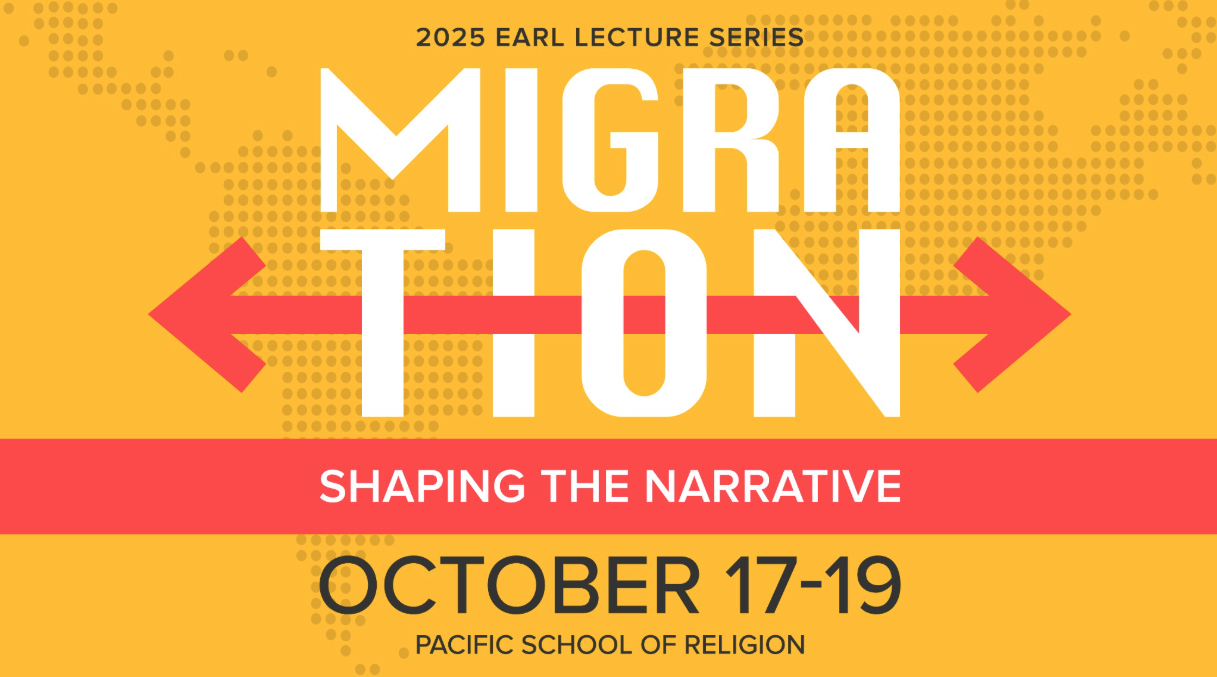 10 MinutesLesson Locked
10 MinutesLesson Locked -
Sanctuary People: How You Can Volunteer for Immigrant Justice in the Bay Area
 45 MinutesLesson Locked
45 MinutesLesson Locked -
Faculty Panel - The Price of Movement: Forced and Voluntary Migration in a Divided World
 10 MinutesLesson Locked
10 MinutesLesson Locked
Features and Benefits
This course blends thought-provoking lectures, dynamic workshops, and opportunities for meaningful connection into an immersive learning experience. Participants will engage with renowned speakers, scholars, and practitioners whose lived experiences shape their leadership at the intersections of faith and justice. Through a mix of plenary sessions, small-group discussions, and community worship, you’ll deepen your understanding of migration narratives while gaining practical tools to transform how you lead. Flexible access options — including virtual participation — ensure you can fully engage wherever you are.
How This Equips Faith Leaders
Designed for pastors, activists, educators, and ministry practitioners, this course equips faith leaders to address one of the most pressing issues of our time with courage and compassion. By learning to center marginalized voices and reframe harmful narratives, leaders will become more effective storytellers, advocates, and bridge-builders in their communities. The course also offers strategies for collective action and opportunities to connect with a network of peers committed to justice, empowering participants to lead congregations and organizations toward deeper solidarity and systemic change.
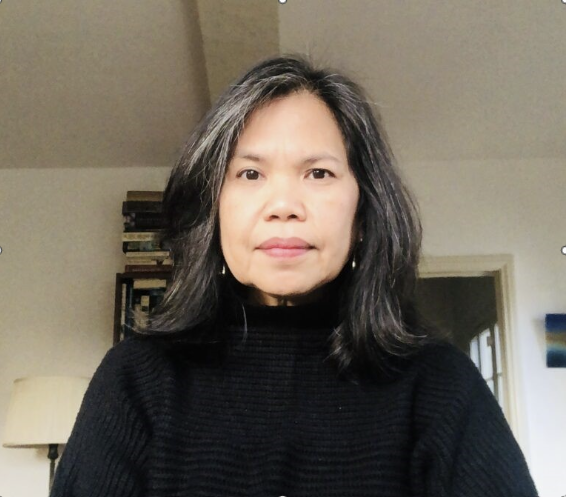
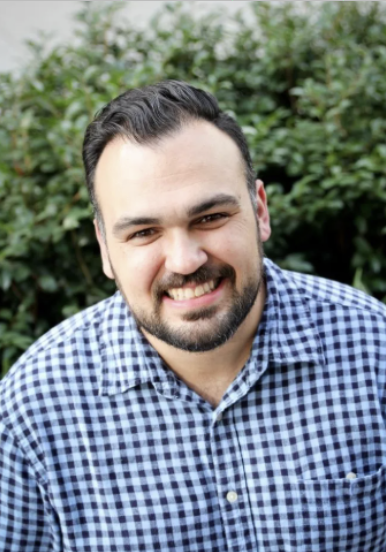
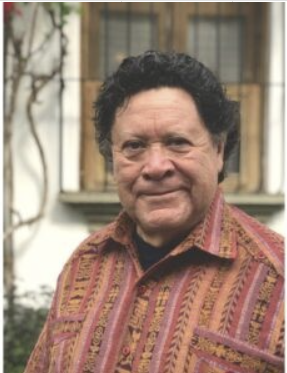
Earl Lecture 2025
Taught by Cynthia T. Buiza, José Luis Marantes, and Luis Argueta
The 2025 Earl Lecture Series—this year’s theme is Migration: Shaping the Narrative. Through a combination of lectures, workshops, and connections, we’ll explore how stories of migration—past and present—can reclaim power, resist erasure, and shape more just and compassionate futures. We’ll ask what it means to center lived experience, shift dominant narratives, and take collective action toward a world where all belong.

Meet Your Instructor,
Cynthia T. Buiza

Meet Your Instructor,
José Luis Marantes

